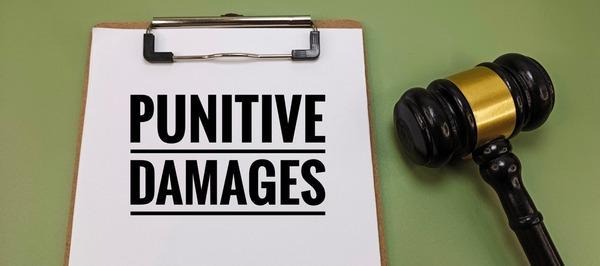
When an individual is injured due to the actions of another individual, the court can direct the offender to compensate the other person by giving money. These payments are referred to as damages. Nevertheless, not all damages are created equally.
The two types of damages that most people hear about in court cases are economic and punitive. Knowing the distinction between the two makes the victims aware of the type of compensation they can get and why.
Economic damages are calculated as financial losses that a victim suffers as a result of an injury or accident. They involve such things as medical expenses, property repairs, future treatment expenses, and lost earnings. These damages are founded on actual figures that can be substantiated with details of receipts, invoices, or financial documents.
On the other hand, punitive damages are not designed to compensate the victim. These are given to penalize the individual or firm that was reckless, intentional, or grossly negligent. The aim is to deter such bad behavior in the future.
Many people often get confused between the types of damages in a personal injury claim. So let us take a closer look to understand the most significant distinction between economic and punitive damages.
Yes. There are a few instances where you may have the two. The court can first give you the economic damages on the basis of your actual losses, and then you can get punitive damages in cases where the conduct of the defendant was very harmful or willful.
For example, when a trucking company compels its drivers to forego rest breaks, and the result of that is a big accident, the injured party might be compensated to cover both medical expenses (economic damages) and other forms of punitive damages (punitive damages).
Economic damages are common, but punitive damages are granted only when gross negligence or willful injury is strongly proven.
Economic and punitive damages can be monetary, though they have very different purposes in the justice system. These two types of damages can enable you to know what to expect in case you ever encounter a personal injury or property loss case.